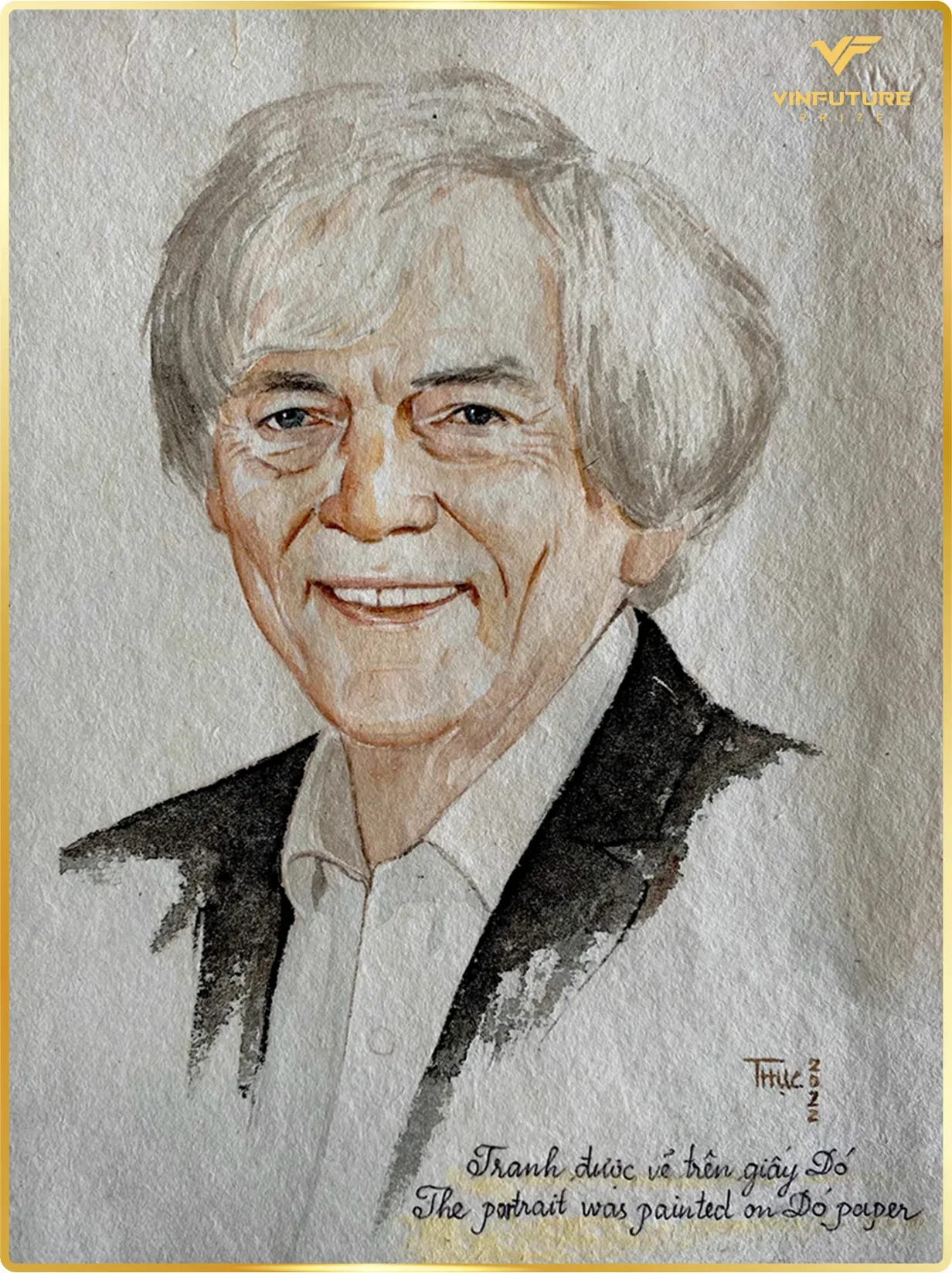BIOGRAPHY
Affiliation at the time of the award: Integrated Nanotherapeutics and University of British Columbia, Canada
Pieter R. Cullis, Ph.D. FRSC is the Director of Life Sciences Institute at the University of British Columbia (UBC). He is a Professor in the Department of Biochemistry and Molecular Biology and Director of the NanoMedicines Research Group, UBC.
Prof. Cullis and co-workers made fundamental advances in the generation, loading and targeting of lipid nanoparticle (LNP) systems for intravenous delivery of small molecule drugs and macromolecular drugs such as small interfering RNA (siRNA). This work has contributed to three drugs that have been approved by regulatory agencies in the U.S. and Europe for the treatment of cancer and its complications.
Dr. Cullis has co-founded 11 biotechnology companies, has published over 300 scientific articles and is an inventor of over 60 patents. He also co-founded the BC Personalized Medicine Initiative in 2012. Due to the successes of the companies that Cullis’ co-founded and his discovery of LNP technology, nearly 400 jobs and over 10,000 person-years of employment in BC has been created. As a result of Dr. Cullis’ early efforts, a flourishing gene therapy industry has been formed using LNP technology, which includes companies such as Moderna, CureVac, BioNTech, and Intellia.
Prof. Cullis has received many awards and was elected as the Fellow of the Royal Society of Canada in 2004 and was awarded the Prix Galien, Canada’s premier prize for achievements in pharmaceutical R&D, in 2011. He worked on the development of Patisiran, a drug that uses small interfering RNA delivered via lipid nanoparticles and was FDA approved in 2018.
Prof. Cullis’s LNP technology transformed the field from academia to biotech where he played a central role in setting up not-for-profit Centre for Drug Research and Development (now Admare BioInnovations) and other not-for-profits such as NanoMedicines Innovation Network. He then also founded several companies over the years to commercialize new developments in LNP formulation, allowed for the development of the BioNTech/Pfizer vaccines.
Due to the successes of the 11 companies that Prof. Cullis’ co-founded and his discovery of LNP technology, nearly 400 jobs and over 10,000 person-years of employment in BC has been created. As a result of Prof. Cullis’ early efforts, a flourishing gene therapy industry has been formed using LNP technology, which includes companies such as Moderna, CureVac, BioNTech, and Intellia.
SUMMARY OF WINNING ENTRY | DEVELOPMENT OF LIPID NANOPARTICLES
Professor Pieter R. Cullis has been awarded this prize for multiple breakthroughs in the development of lipid nanoparticles needed to encapsulate and protect the active mRNA, drawing on new science and new methods in the field of mRNA COVID-19 vaccines which improve the everyday lives of millions of people.
The technique pioneered by Prof. Cullis has been successfully employed to develop the LNP delivery system for mRNA vaccines, including those being used in response to the COVID-19 pandemic.
MEANINGFUL CHANGES
Prof. Cullis’ pioneering work on lipid nanoparticles (LNP) has been critical to the development of COVID-19 mRNA vaccines and other life-saving medicines. It’s also opened up possibilities for various applications of nucleic acid technology for the prevention and treatment of many diseases in the future.
150 countries have benefitted from the developments of the COVID-19 mRNA vaccines.
LNP drug delivery systems have been used for various applications, such as delivering anticancer drugs to cancer tissues. In an important breakthrough, Prof. Cullis and UBC colleagues developed an innovative type of LNP containing ionizable cationic lipids. These LNP are not only able to efficiently encapsulate large molecules, such as mRNA, but are also able to deliver these nucleic acid-based drugs into the cytoplasm of target cells.
“Almost every disease, from cancer to Alzheimer’s, could be tackled by mRNA technology enabled by lipid nanoparticles.” – says Prof. Cullis
Prof. Cullis’s LNP technology has transformed the field from academia to biotech where he’s played a central role in setting up not-for-profit Centre for Drug Research and Development (now Admare BioInnovations) and other not-for-profits such as NanoMedicines Innovation Network.








